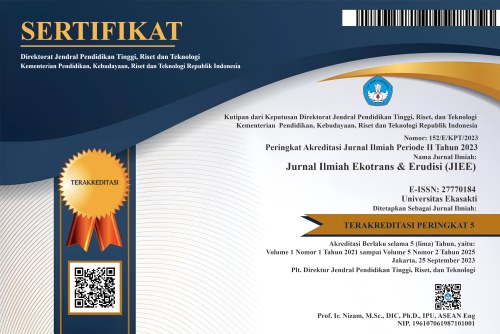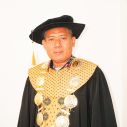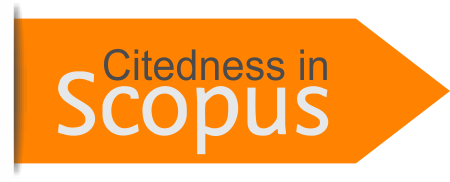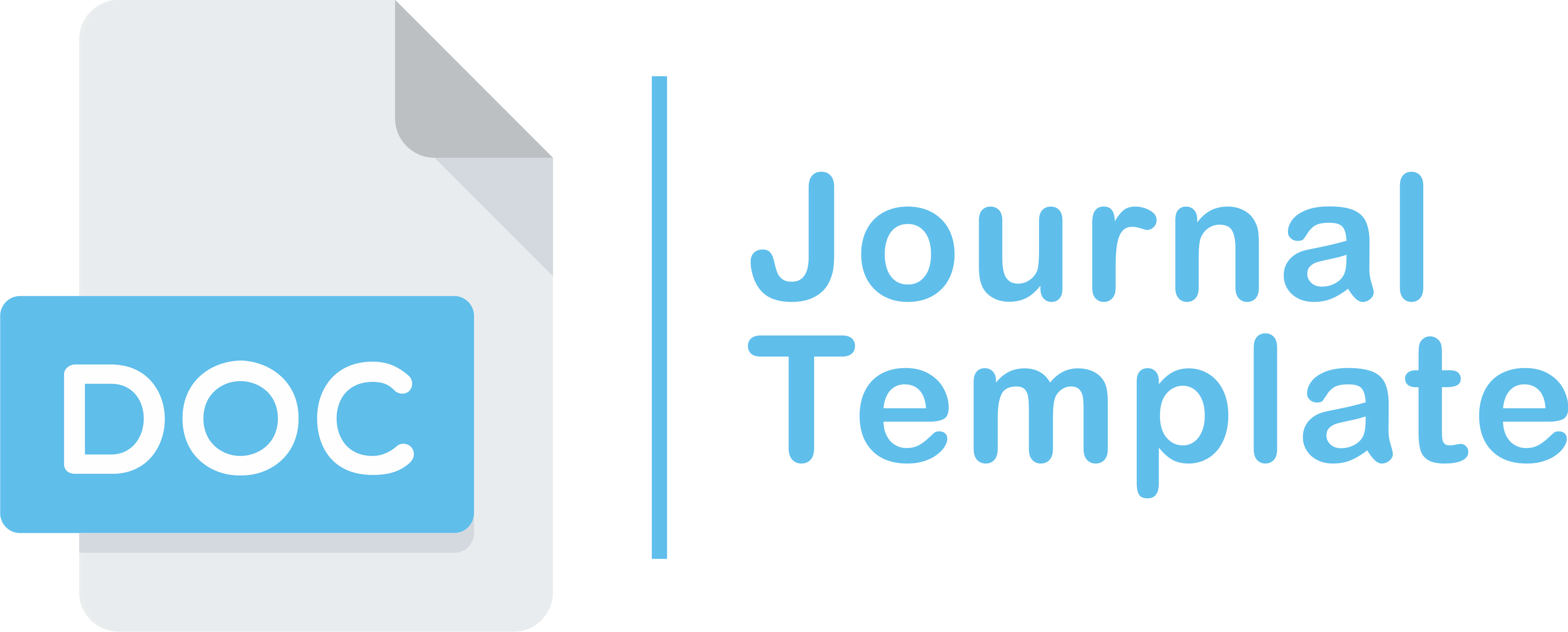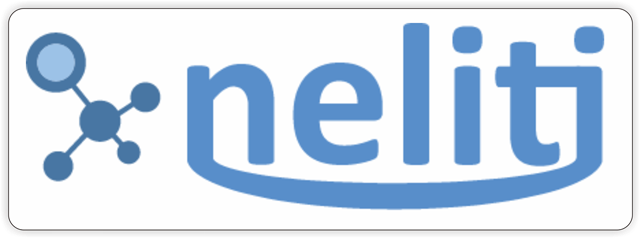Village Government Policy in Reducing Poverty
DOI:
https://doi.org/10.69989/2njzr944Keywords:
Policy, Village Government, PovertyAbstract
This research aims to find out how local government policies reduce poverty in Baringin Village, Lubuk Kilangan District, West Sumatra. Includes policy strategies, policy steps, and follow-up Local government policies and village community development, as well as factors that influence local government policies not being optimal in reducing poverty in Baringin District, include budget factors, community factors, resource factors, community factors, and apparatus attitudes. The research method used is qualitative-descriptive. In collecting data, field research was carried out using observation techniques with the aim of directly knowing the data needed. Then carry out interview techniques and conduct library research by searching for documents related to local government policy issues related to reducing poverty in Baringin Village. The results of this research show that the local government's policy in reducing poverty in Baringin Subdistrict is quite good. This can be seen from the policy programs implemented by the subdistrict government, which can be directly felt by the community. However, in the implementation of local government policies to reduce poverty, there are of course obstacles or factors such as budget, lack of communication, less creative human resources, and less professional attitudes of officials.
Downloads
References
Adams, D., Adams, K., Ullah, S., & Ullah, F. (2019). Globalisation, governance, accountability and the natural resource ‘curse’: Implications for socio-economic growth of oil-rich developing countries. Resources Policy, 61, 128–140. https://doi.org/10.1016/j.resourpol.2019.02.009
Allen, E., Lyons, H., & Stephens, J. C. (2019). Women’s leadership in renewable transformation, energy justice and energy democracy: Redistributing power. Energy Research & Social Science, 57, 101233. https://doi.org/10.1016/j.erss.2019.101233
Banerjee, P. A. (2016). A systematic review of factors linked to poor academic performance of disadvantaged students in science and maths in schools. Cogent Education, 3(1), 1178441. https://doi.org/10.1080/2331186X.2016.1178441
Béné, C., Newsham, A., Davies, M., & ... (2014). Resilience, poverty and development. Journal of …. https://doi.org/10.1002/jid.2992
Cobbinah, P. B., Erdiaw-Kwasie, M. O., & Amoateng, P. (2015). Rethinking sustainable development within the framework of poverty and urbanisation in developing countries. Environmental Development, 13, 18–32. https://doi.org/10.1016/j.envdev.2014.11.001
Dauda, R. S. (2017). Poverty and economic growth in Nigeria: Issues and policies. Journal of Poverty. https://doi.org/10.1080/10875549.2016.1141383
Djonko-Moore, C. M. (2016). An exploration of teacher attrition and mobility in high poverty racially segregated schools. Race Ethnicity and Education, 19(5), 1063–1087. https://doi.org/10.1080/13613324.2015.1013458
Fukuda-Parr, S. (2016). From the Millennium Development Goals to the Sustainable Development Goals: shifts in purpose, concept, and politics of global goal setting for development. Gender & Development, 24(1), 43–52.
Garba, I., & Bellingham, R. (2021). Energy poverty: Estimating the impact of solid cooking fuels on GDP per capita in developing countries-Case of sub-Saharan Africa. Energy, 221, 119770. https://doi.org/10.1016/j.energy.2021.119770
Grimm, R., Fox, C., Baines, S., & Albertson, K. (2013). Social innovation, an answer to contemporary societal challenges? Locating the concept in theory and practice. Innovation: The European Journal of Social Science Research, 26(4), 436–455. https://doi.org/10.1080/13511610.2013.848163
Gupta, J., & Vegelin, C. (2016). Sustainable development goals and inclusive development. In International environmental agreements: Politics, law …. Springer. https://doi.org/10.1007/s10784-016-9323-z
Herawati, D. M. D., & Sunjaya, D. K. (2022). Implementation Outcomes of National Convergence Action Policy to Accelerate Stunting Prevention and Reduction at the Local Level in Indonesia: A Qualitative Study. International Journal of Environmental Research and Public Health, 19(20), 13591. https://doi.org/10.3390/ijerph192013591
Klasen, S. (2008). Economic growth and poverty reduction: Measurement issues using income and non-income indicators. World Development, 36(3), 420–445. https://doi.org/10.1016/j.worlddev.2007.03.008
Leal Filho, W., Tripathi, S. K., Andrade Guerra, J., Giné-Garriga, R., Orlovic Lovren, V., & Willats, J. (2019). Using the sustainable development goals towards a better understanding of sustainability challenges. International Journal of Sustainable Development & World Ecology, 26(2), 179–190. https://doi.org/10.1080/13504509.2018.1505674
Leichenko, R., & Silva, J. A. (2014). Climate change and poverty: vulnerability, impacts, and alleviation strategies. Wiley Interdisciplinary Reviews: Climate Change, 5(4), 539–556. https://doi.org/10.1002/wcc.287
Liébana-Cabanillas, F., Marinković, V., & Kalinić, Z. (2017). A SEM-neural network approach for predicting antecedents of m-commerce acceptance. International Journal of Information Management, 37(2), 14–24. https://doi.org/10.1016/j.ijinfomgt.2016.10.008
Lloyd, A., Anne Kennan, M., Thompson, K. M., & Qayyum, A. (2013). Connecting with new information landscapes: information literacy practices of refugees. Journal of Documentation, 69(1), 121–144. https://doi.org/10.1108/00220411311295351
Madubun, J. (2023). Public services in island sub‐districts: Towards geography‐based governance. Australian Journal of Public Administration. https://doi.org/10.1111/1467-8500.12586
Miewald, C., & McCann, E. (2014). Foodscapes and the geographies of poverty: Sustenance, strategy, and politics in an urban neighborhood. Antipode, 46(2), 537–556. https://doi.org/10.1111/anti.12057
Mitra, S., & Bhattacharya, P. (2023). Exploring the Significance of Food Insecurity Mediated Poverty and Low Productivity Traps: Furthering Policy by Reconciling Secondary Data with Primary Survey. In Managing Pandemic and Correcting Development Fundamentals: India’s Great Challenge (pp. 109–140). Springer.
Mulia, R. A., & Saputra, N. (2021). Systematic Literature Review: Determination of Government Policy in Health and Education Development for Improved Human Capital. Jurnal EL-RIYASAH, 12(1), 92–107.
Oyedepo, S. O. (2014). Towards achieving energy for sustainable development in Nigeria. Renewable and Sustainable Energy Reviews, 34, 255–272. https://doi.org/10.1016/j.rser.2014.03.019
Rea, L. M., & Parker, R. A. (2014). Designing and conducting survey research: A comprehensive guide. John Wiley & Sons.
Remler, D. K., & Van Ryzin, G. G. (2021). Research methods in practice: Strategies for description and causation. Sage Publications.
Schot, J., & Steinmueller, W. E. (2018). Three frames for innovation policy: R&D, systems of innovation and transformative change. Research Policy, 47(9), 1554–1567. https://doi.org/10.1016/j.respol.2018.08.011
Schramade, W. (2017). Investing in the UN sustainable development goals: opportunities for companies and investors. Journal of Applied Corporate Finance, 29(2), 87–99. https://doi.org/10.1111/jacf.12236
Sugiyono. (2018). Metode penelitian kuantitatif, kualitatif, dan R&D (edisi 2). Alfabeta.
Sultana, P., Thompson, P. M., Paudel, N. S., Pariyar, M., & Rahman, M. (2019). Transforming local natural resource conflicts to cooperation in a changing climate: Bangladesh and Nepal lessons. Climate Policy, 19(sup1), S94–S106. https://doi.org/10.1080/14693062.2018.1527678
Sumner, A., & Edward, P. (2014). Assessing poverty trends in Indonesia by international poverty lines. Bulletin of Indonesian Economic Studies, 50(2), 207–225. https://doi.org/10.1080/00074918.2014.938404
Surya, B., Syafri, S., Sahban, H., & Sakti, H. H. (2020). Natural resource conservation based on community economic empowerment: Perspectives on watershed management and slum settlements in Makassar City, South Sulawesi, Indonesia. Land, 9(4), 104. https://doi.org/10.3390/land9040104
Waworuntu, A. L. G., Alkatiri, Z., & de Archellie, R. (2023). Challenging the promise of decentralization: The case of marginalization of Mosalaki role in Nggela Vilage in Ende Lio, Flores. Cogent Arts & Humanities, 10(1), 2168835. https://doi.org/10.1080/23311983.2023.2168835
Downloads
Published
Issue
Section
License
Copyright (c) 2023 Wahyu Pramono, Rizki Afri Mulia (Author)

This work is licensed under a Creative Commons Attribution-ShareAlike 4.0 International License.
Copyright Notice
An author who publishes in the journal "Jurnal Ilmiah Ekotrans & Erudisi" agrees to the following terms:
Author retains the copyright and grants the journal the right of first publication of the work simultaneously licensed under the Creative Commons Attribution-ShareAlike 4.0 License that allows others to share the work with an acknowledgement of the work's authorship and initial publication in this journal
Author is able to enter into separate, additional contractual arrangements for the non-exclusive distribution of the journal's published version of the work (e.g., post it to an institutional repository or publish it in a book) with the acknowledgement of its initial publication in this journal.
Author is permitted and encouraged to post his/her work online (e.g., in institutional repositories or on their website) prior to and during the submission process, as it can lead to productive exchanges, as well as earlier and greater citation of the published work (See The Effect of Open Access).
All materials in this site are protected by the law. It is prohibited to quote a part of or all of this website contents for commercial purposes without the permission or consent of the editors.
If anyone finds one article or more in this journal violate or potentially violate one’s copyrights, please report to us through e-mail of Principle Contact.
Legal-formal aspects of accessing any information and manuscript in this journal website refer to the provision of license Creative Commons Attribution-Share Alike (CC BY-SA). Read more about the Creative Commons Attribution-ShareAlike 4.0 Licence here: https://creativecommons.org/licenses/by-sa/4.0/.
All information available in 'Jurnal Ilmiah Ekotrans & Erudisi' is academic in nature. 'Jurnal Ilmiah Ekotrans & Erudisi' is not responsible for loss due to the abuse of information in the website.
Information
Notice about change in the copyright policy of the journal 'Jurnal Ilmiah Ekotrans & Erudisi' : "From Volume 1, Nomor 1 onwards the copyright of the article published in the journal 'Jurnal Ilmiah Ekotrans & Erudisi' will be retained by the author"
Privacy Statement
The names and email addresses entered in this journal site will be used exclusively for the stated purposes of this journal and will not be made available for any other purpose or to any other party.


